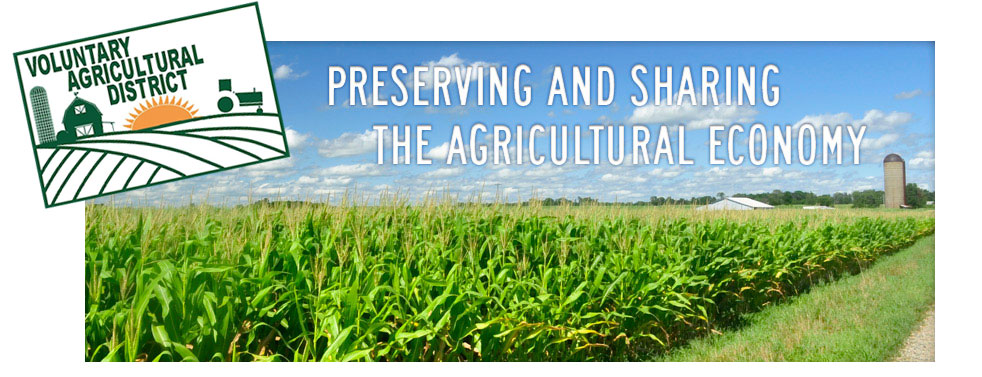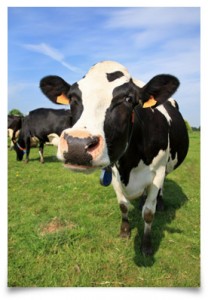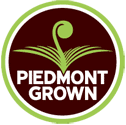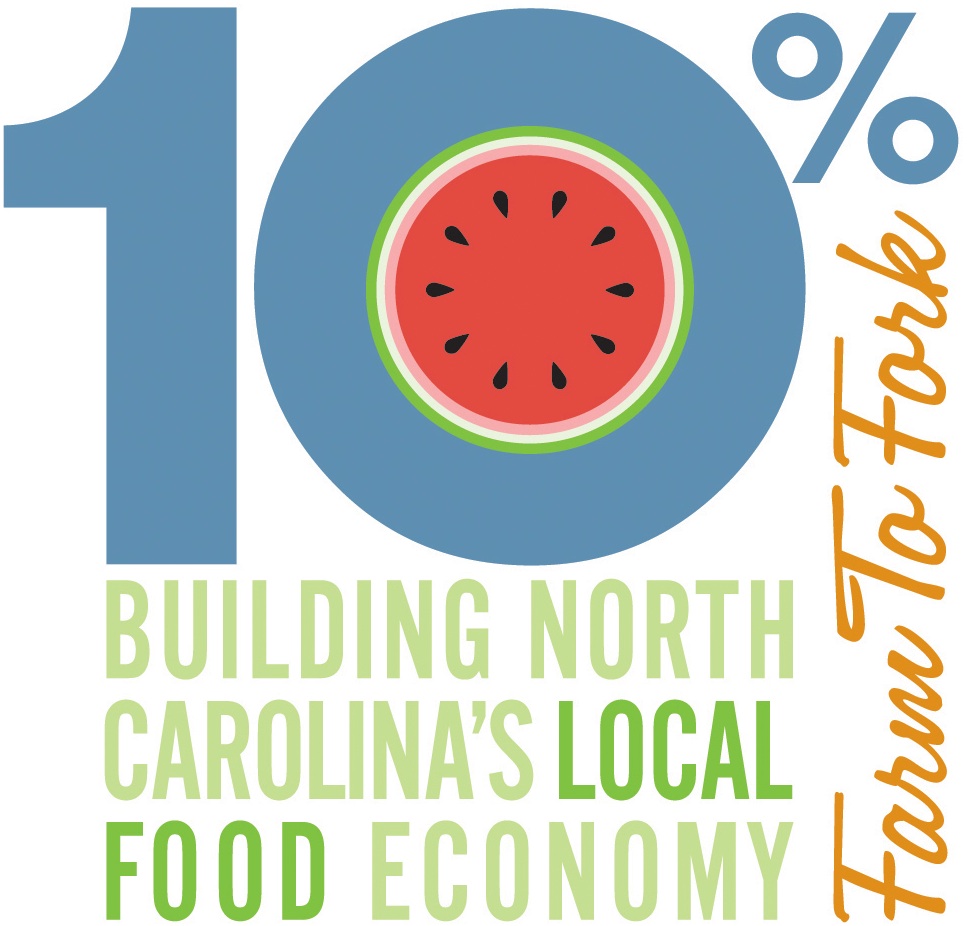Guilford County Voluntary Agricultural District
go.ncsu.edu/readext?377503
en Español / em Português
El inglés es el idioma de control de esta página. En la medida en que haya algún conflicto entre la traducción al inglés y la traducción, el inglés prevalece.
Al hacer clic en el enlace de traducción se activa un servicio de traducción gratuito para convertir la página al español. Al igual que con cualquier traducción por Internet, la conversión no es sensible al contexto y puede que no traduzca el texto en su significado original. NC State Extension no garantiza la exactitud del texto traducido. Por favor, tenga en cuenta que algunas aplicaciones y/o servicios pueden no funcionar como se espera cuando se traducen.
Português
Inglês é o idioma de controle desta página. Na medida que haja algum conflito entre o texto original em Inglês e a tradução, o Inglês prevalece.
Ao clicar no link de tradução, um serviço gratuito de tradução será ativado para converter a página para o Português. Como em qualquer tradução pela internet, a conversão não é sensivel ao contexto e pode não ocorrer a tradução para o significado orginal. O serviço de Extensão da Carolina do Norte (NC State Extension) não garante a exatidão do texto traduzido. Por favor, observe que algumas funções ou serviços podem não funcionar como esperado após a tradução.
English
English is the controlling language of this page. To the extent there is any conflict between the English text and the translation, English controls.
Clicking on the translation link activates a free translation service to convert the page to Spanish. As with any Internet translation, the conversion is not context-sensitive and may not translate the text to its original meaning. NC State Extension does not guarantee the accuracy of the translated text. Please note that some applications and/or services may not function as expected when translated.
Collapse ▲ When you see our signs, take a look around. Farmers who belong to Voluntary Agricultural Districts (VAD) and Enhanced Voluntary Agricultural Districts (EVADs) work hard to preserve and conserve farmland. They also want to be good neighbors to non-farm residents and businesses. Being a VAD or EVAD means the farmer has made a commitment to maintain his or her land as a farm. That’s an environmental benefit for neighbors who value natural surroundings and limited development!
When you see our signs, take a look around. Farmers who belong to Voluntary Agricultural Districts (VAD) and Enhanced Voluntary Agricultural Districts (EVADs) work hard to preserve and conserve farmland. They also want to be good neighbors to non-farm residents and businesses. Being a VAD or EVAD means the farmer has made a commitment to maintain his or her land as a farm. That’s an environmental benefit for neighbors who value natural surroundings and limited development!
Guilford County must work to preserve farmland and the agricultural way of life. Working farms have an important, positive impact on the economy and culture of our region. VADs and EVADs, administered by the Guilford Soil and Water Conservation District, work with farmers to help ensure the voluntary preservation of their land and the protection of farms.
Agriculture has been a significant part of Guilford County’s economy, accounting for 11% of the area’s employment, but recently the industry has faced significant challenges. From 2003 to 2006, North Carolina lost 5,500 farms, amounting to 300,000 acres. As the population expands, lands once reserved for forestlands have been converted to development. The result is increasing pressures on natural resources and the local and state economies.
What are Voluntary Agricultural Districts?
 In 1985, North Carolina passed the Farmland Preservation Enabling Act authorizing counties to establish programs directed at the protection and preservation of farmland. This included the establishment of agricultural districts. Guilford County adopted a Voluntary Farmland Preservation Ordinance in 2000 with the purpose of promoting preservation of farmland within the county.
In 1985, North Carolina passed the Farmland Preservation Enabling Act authorizing counties to establish programs directed at the protection and preservation of farmland. This included the establishment of agricultural districts. Guilford County adopted a Voluntary Farmland Preservation Ordinance in 2000 with the purpose of promoting preservation of farmland within the county.
Voluntary Agricultural Districts (VADs) which are non biding and Enhanced Voluntary Agricultural Districts (EVADs) which are binding, allow farmers to establish areas that are protected from development and where commercial agriculture is encouraged. They work to promote relationships between county commissioners, farmers and land use planners. Guilford County’s VAD/EVAD ordinance offers benefits, as authorized in the Farmland Preservation Enabling Act, to farmers for their voluntary commitment to restrict development of their land for at least ten years.
What are the benefits of being a Voluntary Agricultural District?
When people buy in rural areas, they will be made aware that a bona fide agricultural operation exists. All Agricultural Districts will be identified on county maps, which are displayed in county offices including the Planning Department and Register of Deeds. In addition to this protection, landowners within Agricultural Districts will not be required to connect to sewer and water systems owned or operated by Guilford County. They will also not be assessed water and sewer charges until their property is connected. Finally, as funds become available from local, state or federal sources, Agricultural Districts may be eligible for farmland preservation grants.
What are the benefits of being an Enhanced Voluntary Agricultural District?
Those who choose to become Enhanced Voluntary Agricultural Districts will enjoy additional benefits to their enrollment. Landowners may receive up to 25% of gross sales from the sale of non-farm products and still qualify as a bona fide farm and remain exempt from county zoning regulations. They will also be eligible to receive up to 90% cost share of installation of “Best Management Practices” under the Agriculture Cost Share Program. There is also encouragement for state agencies, departments and institutions that award grants to give priority to land owners participating in Enhanced Districts.
How your farm can become a Voluntary Agricultural District.
 If you would like to become an Agricultural District, your farm must first be certified as Qualifying Farmland. To be certified, a farm must:
If you would like to become an Agricultural District, your farm must first be certified as Qualifying Farmland. To be certified, a farm must:
-
Contain a minimum of 20 contiguous acres of qualified forestland, 10 contiguous acres of qualified farmland or 5 contiguous acres of qualified horticultural land (as defined by G.S105-277.2
-
Be managed in accordance with the Natural Resources Conservation Service’s defined erosion practices that are addressed to highly erodible land.
-
Be the subject of a conservation agreement, as defined in G.S 121-35, between the county and the owner of such land for a period of at least ten years, except for the creation of not more than three lots that meet applicable county zoning and subdivision regulations.
-
Not be within municipal government boundary, unless that property is located within a municipal’s jurisdiction that either has authorized its own District or Enhanced District program via municipal ordinance, or that municipality has a memorandum of understanding with the exist Board which allow the Board to accept application for properties within that municipality’s boundary.
-
Membership
Voluntary Agricultural District
Voluntary Agricultural District members are subject to a non-binding agreement between the County and the landowner that prohibits non-farm use or development of land for a period of at least ten years. The exception is for the creation of not more than three lots that meet applicable county zoning and subdivision regulations. If you decide to remove your farm from the VAD program or if you sell your land, you can revoke the agreement by giving a written notice to the VAD board.
Enhanced Voluntary Agricultural District
Enhanced Voluntary Agricultural District Members will be subject to a binding agreement between the County and the landowner that prohibits non-farm use or development of land for a period of ten years. The exception if for the creation of not more than three lots that meet applicable county zoning and subdivision regulations.
Links
 Look for Certified Piedmont locally grown foods
Look for Certified Piedmont locally grown foods
Downloads
Application to Become a V.A.D.
2020 Guilford County Farmland Protection Plan
2020 Guilford County Farmland Protection Plan Appendix
What does agriculture mean to Guilford County? Only $2.3 billion dollars!






